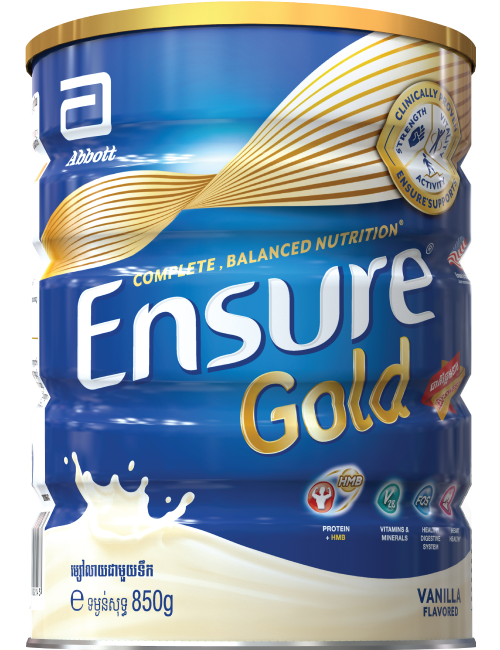Living well with Diabetes
Monitoring Your Blood Glucose
Proper management of diabetes is the key to staying healthy and to prevent damage to tissues and body organs. Uncontrolled diabetes in the long term can lead to complications such as cardiovascular disease, kidney failure, blindness, erectile dysfunction and foot infections.
What is Diabetes?
When a person has diabetes, it means there is too much sugar in the body. The body may not have enough of a hormone called insulin, which is needed to regulate blood sugar. Insufficient insulin causes the blood sugar to build up.
Type 2 Diabetes could be due to the failure of the pancreas to produce sufficient insulin or the body's cells are resisting the effects of insulin. This disease which usually occurs in middle-age, is reportedly increasing among younger people.
Managing Diabetes
People with Type 2 Diabetes are encouraged to take on a more active role to understand the disease and to learn to manage it well by keeping blood glucose levels as close as possible to normal.
Management of diabetes
Test your blood glucose. Self-monitoring of blood glucose with a blood glucose monitor helps in diabetes control. By testing your blood glucose level and keeping a record of the results, it lets you know on a day-to-day basis if you need to make changes in your diet, exercise or medication.
A blood glucose monitor is a useful tool to help determine patterns of blood glucose control and identify problem areas so that you can plan ahead to prevent these situations from occurring.
Studies has shown that self-monitoring of blood glucose helps a person with diabetes to achieve better medication compliance, and motivation to make behavioural changes.
Take Medication
Treatment for Type 2 Diabetes depends on how well controlled your blood glucose levels are. You may need to take diabetes pills or insulin injections.
Medicating Tips:
- Take your pills or insulin shots at the same times each day
- Follow your doctor's guidelines
- Never miss any pills or insulin shots
Eat Smart
Knowing what food to eat and to avoid can help your body to use insulin better. Certain foods help keep your blood sugar in control. Opt for a diet which has a good balance of fruits, vegetables, complex carbohydrates, meats and milk products. Healthy eating will also help you to lose weight and to maintain a healthy weight.
Healthy eating tips:
- Eat at regular times. Do not skip meals.
- Avoid foods that are high in sugar. Check the food label. Other names for sugar are corn syrup, sucrose, dextrose, molasses and honey.
- Broil, bake, boil or grill your food instead of frying.
- Limit high-fat foods such as potato chips, butter, ice cream and mayonnaise.
Exercise regularly
Exercise is an important part of diabetes care. Besides improving your overall fitness and boosting your sense of well-being, it helps to control your blood sugar.
Exercise tips:
- Before you start an exercise program, always consult your doctor.
- Check your blood glucose before exercising and retest your blood glucose after exercise.
- Carry a sugar snack such as fruit or a power bar in case your blood glucose level is low.
- Wear shoes that fit well.
High Blood Sugar
Symptoms to watch for:
- High blood sugar levels
- Increased thirst
- Tired, fatigue
- Frequent urination
- Upset stomach, vomiting
Note: These symptoms may occur within hours or may develop over several days.
Causes:
- Not enough insulin or diabetes pills
- Too much food
- Sickness or infection
- Stress
What to do
- See doctor immediately
- Do not stop medication without doctor's advice
- Test blood sugar every 4 hours
- Test blood or urine for ketones every 4 hours
- Drink plenty of sugar-free fluids
Low Blood Sugar
Symptoms to watch for:
- Shaking, trembling
- Sweating
- Pounding of heart
- Weakness
- Hunger
- Feeling irritable
- Fainting
Note: These symptoms will occur fast within minutes.
Causes
- Too much insulin or diabetes pills
- Not enough food or delayed meal
- Too much exercise
What to do
- Take a fast-acting sugar source like fruit juice or soda
- Check blood glucose level in 15 minutes. See doctor if blood glucose is still low.
- If unconscious, call doctor immediately.






